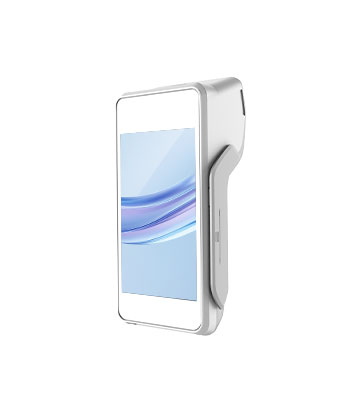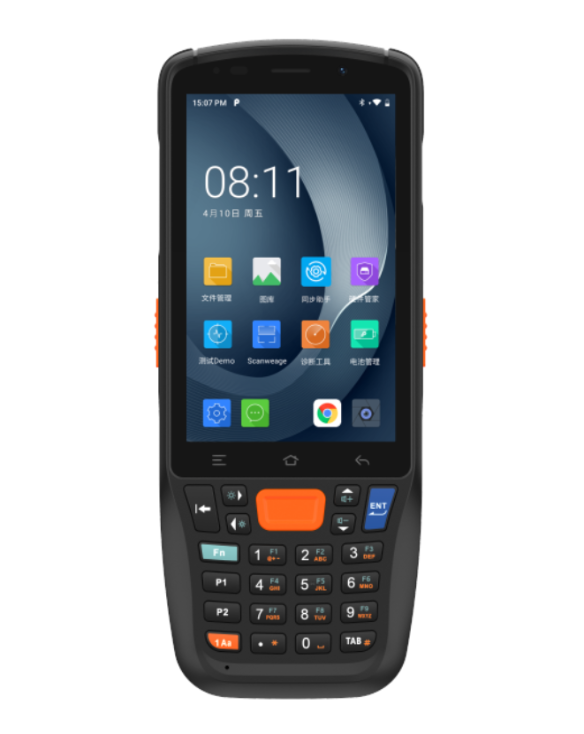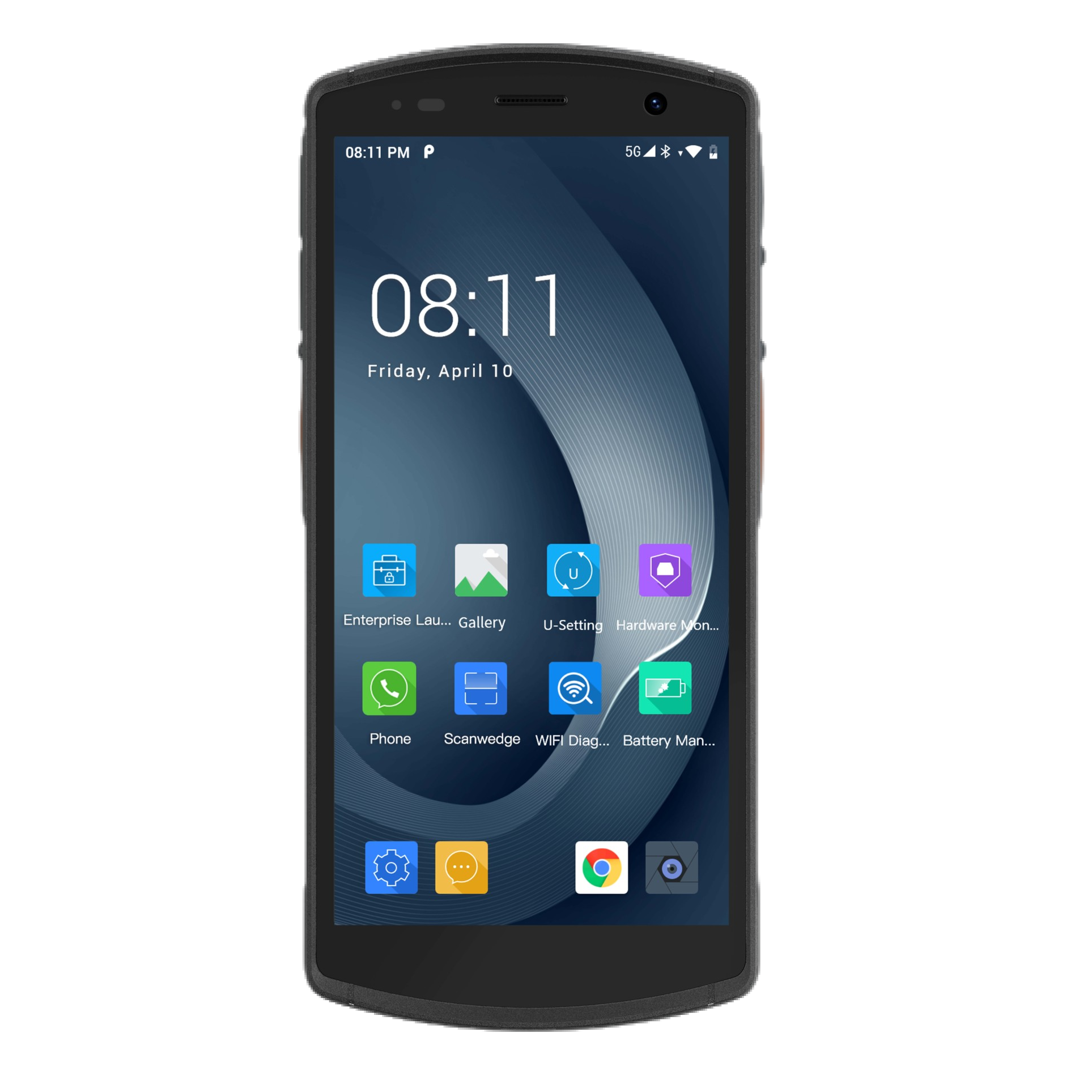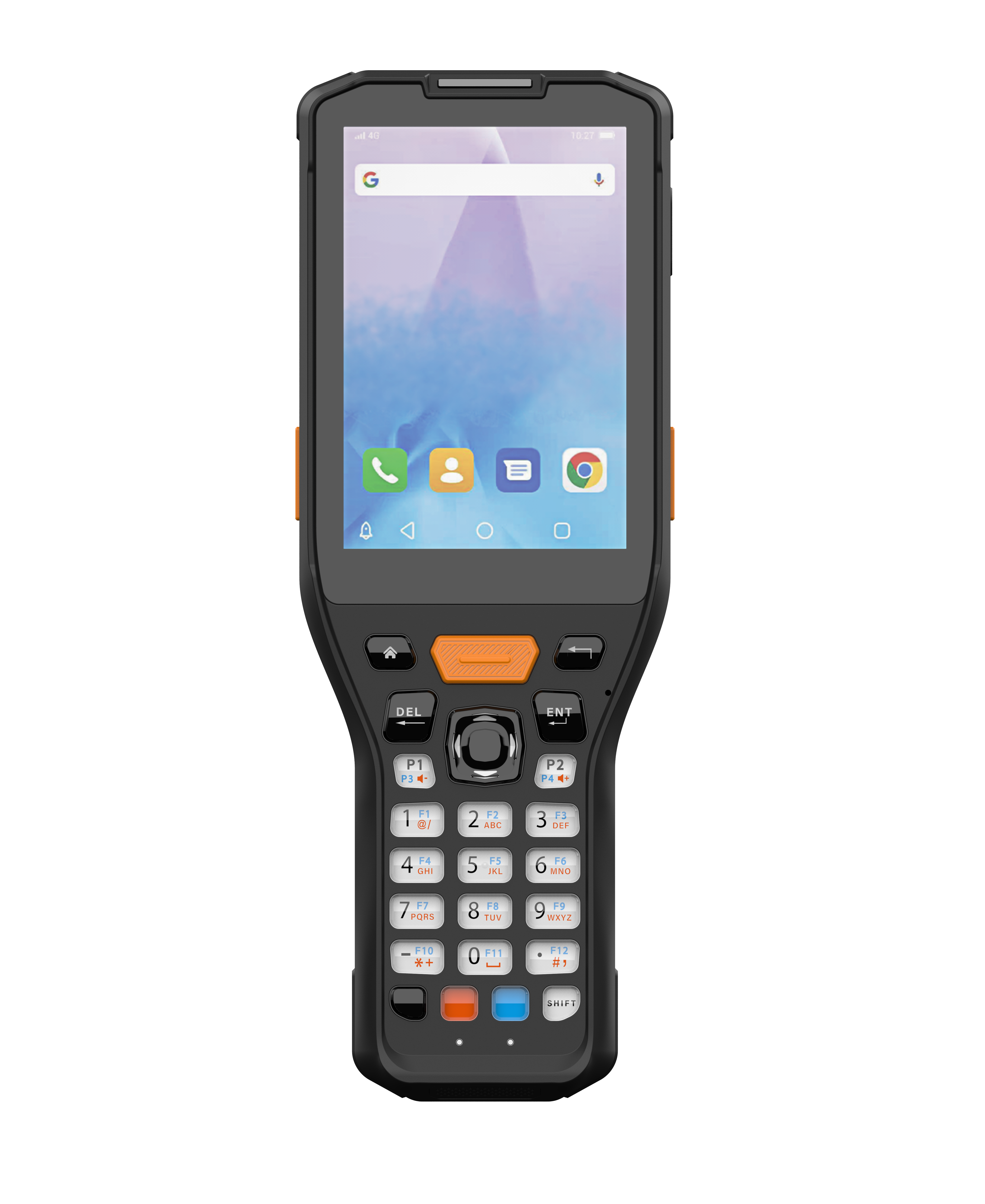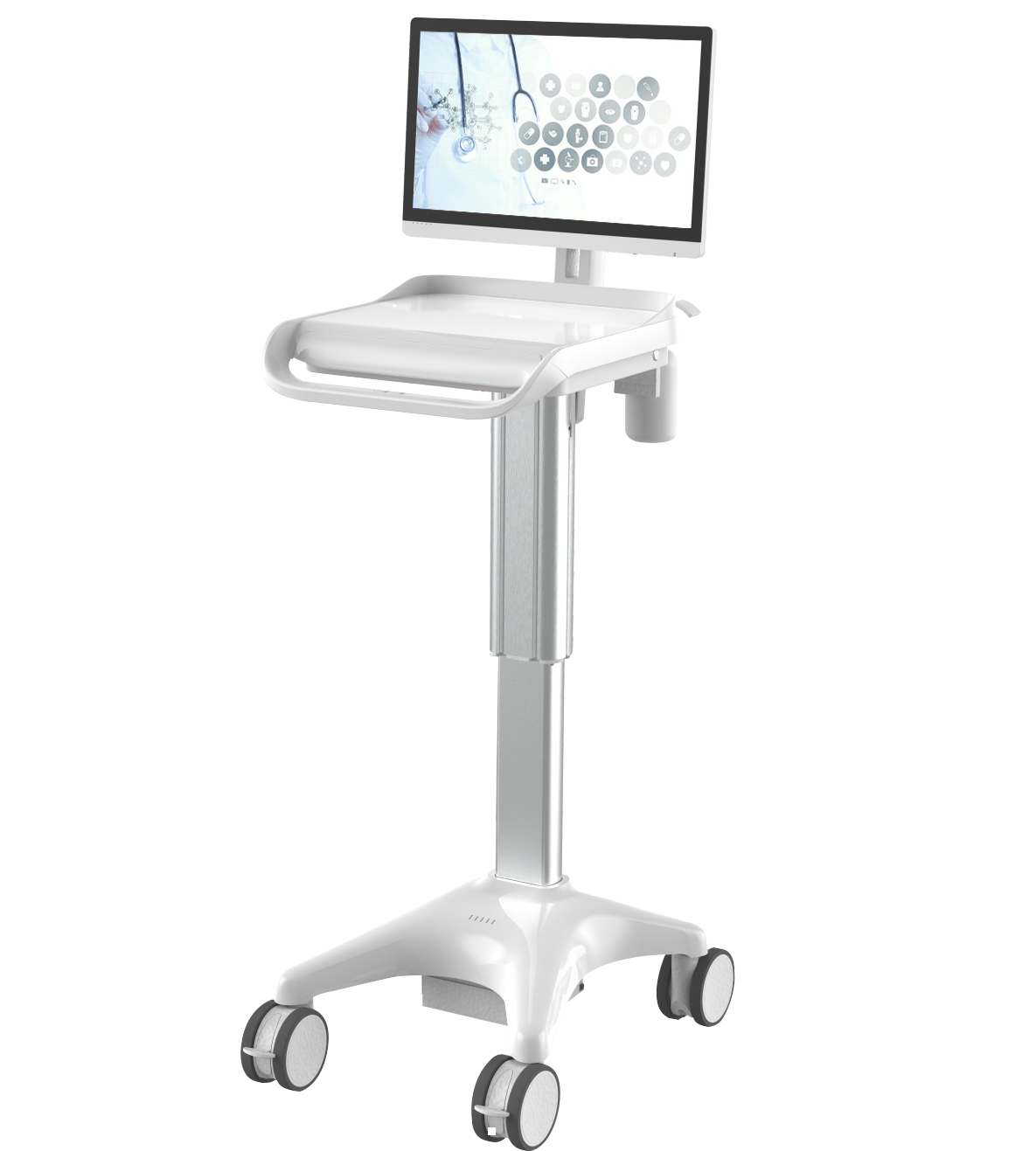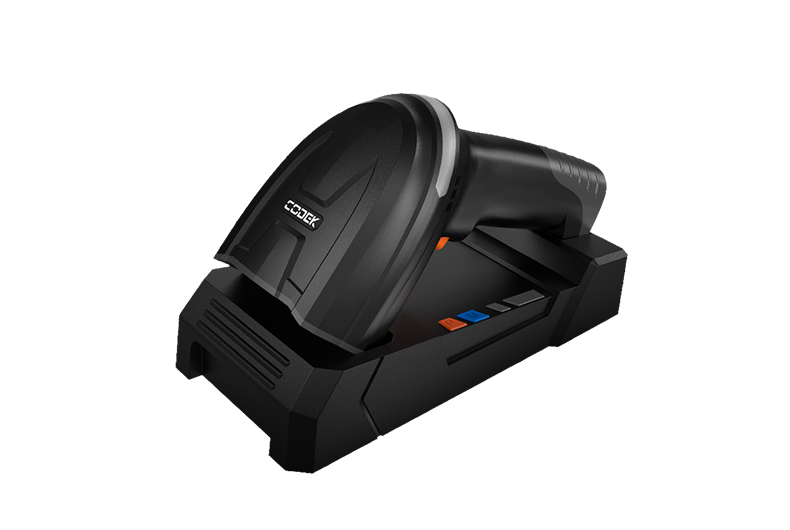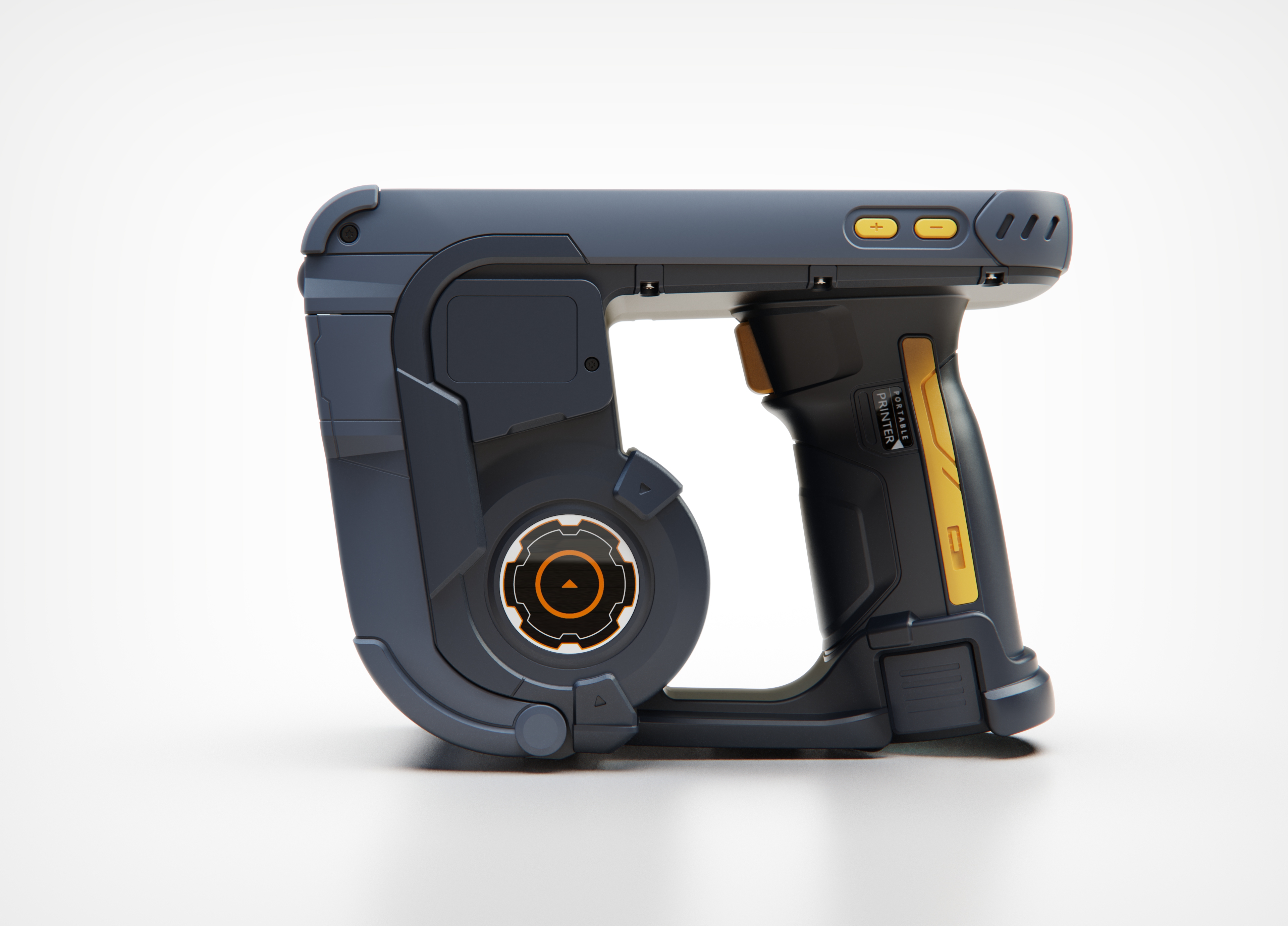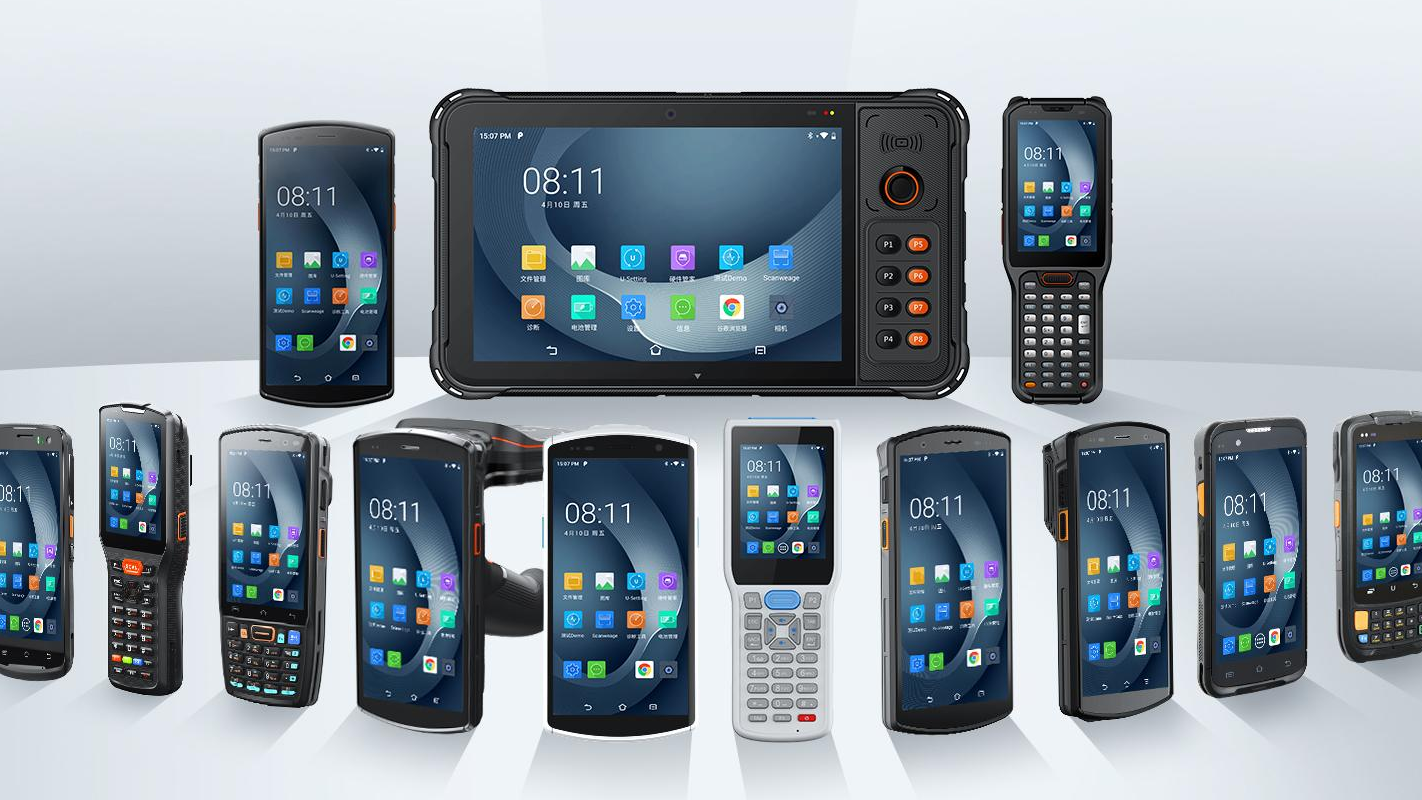5 Industries That Benefit the Most from Mobile Computers
In today’s fast-paced world, technology plays an integral role in improving operational efficiency across various sectors. Mobile computers have emerged as one of the key tools that organizations use to streamline their workflows and enhance productivity. At Urovo, we specialize in providing innovative mobile computer solutions that empower industries to achieve these goals. They are handheld devices designed to facilitate mobility while providing computing power, making them an ideal solution for a wide range of applications. In this article, we explore five industries that benefit the most from mobile computers and how these devices are helping them evolve in the age of technology.
1. Healthcare
The healthcare industry is one of the primary beneficiaries of mobile computers. In hospitals and clinics, mobile computers help healthcare professionals provide better patient care through real-time access to patient records, test results, and medication histories. Nurses and doctors can easily update electronic health records (EHRs) on the go, reducing the need for manual paperwork and minimizing errors.
Mobile computers also enhance patient safety. By scanning barcodes on patients' wristbands and medications, nurses ensure that the right treatment is administered to the right person. This reduces the likelihood of medication errors and enhances overall safety protocols. Additionally, mobile computers are used to manage inventory in pharmacies and supply rooms, ensuring that healthcare facilities have the necessary equipment and medications on hand at all times. Urovo's mobile computers are designed to meet the unique needs of healthcare providers, offering durability and reliability in critical environments.
In the aftermath of the COVID-19 pandemic, telehealth and remote patient monitoring have also seen a surge, and mobile computers have played a role in enabling these services. Portable mobile devices allow healthcare providers to monitor patients remotely, collect health data, and communicate with patients in real time, thus ensuring continuity of care without the need for in-person visits.

2. Retail
The retail industry has undergone a major transformation in recent years, with mobile computers playing a pivotal role in improving the customer experience and enhancing operational efficiency. Retailers use mobile computers for inventory management, allowing staff to conduct real-time stock checks, track products, and manage orders without having to move between the stockroom and the sales floor.
Furthermore, mobile computers are used for customer relationship management (CRM) in retail. Sales associates can access customer preferences, past purchases, and loyalty program details to provide personalized recommendations, fostering a better connection between the brand and its customers. In addition, mobile computers help retailers with price adjustments and promotions, ensuring that products are correctly labeled and priced.

3. Transportation and Logistics
Transportation and logistics companies rely heavily on mobile computers to keep their operations running smoothly. With mobile computers, drivers can receive real-time route updates, track delivery schedules, and communicate with dispatch centers efficiently. This allows them to optimize routes, reduce fuel consumption, and ensure on-time deliveries.
Warehouse operations also benefit from mobile computers. Warehouse workers use handheld devices to manage inventory, scan barcodes, and track shipments. This reduces errors in order fulfillment and ensures that goods are accurately picked, packed, and shipped. Urovo's handheld devices are trusted by logistics companies worldwide for their precision and ease of use in managing inventory and tracking shipments. Mobile computers also help in monitoring the movement of goods, providing real-time visibility into the supply chain, which is crucial for maintaining efficiency and meeting customer expectations.
For fleet management, mobile computers provide valuable data on vehicle performance, driver behavior, and maintenance needs. This helps transportation companies minimize downtime, reduce operational costs, and maintain a high standard of service quality.

4. Manufacturing
In the manufacturing sector, mobile computers are essential for optimizing production processes and ensuring that operations run efficiently. Urovo offers mobile computing solutions tailored for manufacturing environments, enabling workers to access real-time information and maintain high productivity. Workers on the factory floor use mobile computers to access work orders, track production progress, and report any issues in real time. This helps supervisors make quick decisions and address problems before they escalate, reducing production downtime and maintaining quality standards.
Mobile computers are also used for inventory management in manufacturing facilities. By scanning barcodes, workers can keep track of raw materials and finished products, ensuring that inventory levels are accurately maintained. This not only prevents production delays due to shortages but also reduces excess inventory and associated carrying costs.
In quality control, mobile computers enable workers to record inspection results and ensure that products meet the required specifications. This data can be analyzed to identify trends and areas for improvement, helping manufacturers maintain a high level of quality and comply with industry standards.

5. Field Service
Field service professionals benefit greatly from the mobility and connectivity offered by mobile computers. Technicians working in industries such as utilities, telecommunications, and maintenance use mobile computers to access service manuals, check customer service history, and update job statuses in real time. This reduces the need for paperwork and ensures that technicians have all the information they need to complete their tasks efficiently. Urovo's rugged mobile computers are designed for field service professionals, providing durability and reliability in challenging work environments.
Mobile computers also allow field service workers to generate invoices and capture customer signatures on the spot, speeding up the billing process and improving cash flow. By providing real-time updates to the central office, mobile computers help companies maintain visibility into field operations, allocate resources effectively, and respond quickly to customer needs.
With the integration of GPS technology, mobile computers enable field service companies to optimize technician routes, reducing travel time and fuel costs. This not only improves operational efficiency but also enhances customer satisfaction by ensuring that service appointments are met on time.

Conclusion
Mobile computers have become an indispensable tool for a variety of industries, helping them streamline processes, improve productivity, and enhance service quality. From healthcare to retail, transportation to manufacturing, and field service, the benefits of mobile computers are evident in their ability to provide real-time data, reduce errors, and facilitate mobility.
As technology continues to evolve, we can expect even more innovative applications of mobile computers across different sectors, further enhancing their capabilities and helping businesses stay competitive in an increasingly digital world. Whether you’re a healthcare provider looking to improve patient care or a logistics company aiming to optimize your supply chain, mobile computers can be the key to unlocking greater efficiency and success.
Editor's note:
Transforming Logistics industry with Handheld Mobile Computers
In the dynamic world of logistics and supply chain management, advanced technology is reshaping the industry. At the forefront of this transformation are handheld mobile computers, often equipped with powerful mobile barcode scanners.
Reasons to Choose Enterprise Mobile Computers Over Consumer Devices
Mobility is almost synonymous with productivity in today’s increasingly competitive business world. Nowadays, businesses need real-time insights to maximize productivity.
Mobile Computers: Future Trend of Supermarket Management Digitalization
The supermarket landscape is undergoing a dramatic change. Despite the E-commerce boom, traditional retail channels haven’t stopped growing. Supermarkets are trying to expand their business by digitalizing daily operations to improve internal processes and customer experience.


